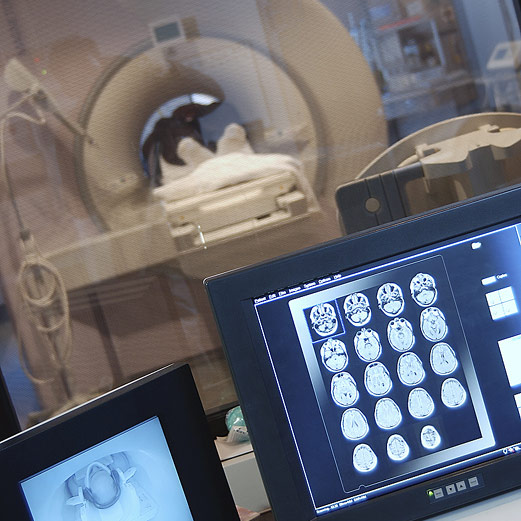
Here are some of the latest health and medical news developments, compiled by the editors of HealthDay:
Group Urges Hospitals to Evict McDonald’s
A U.S. advocacy group is petitioning several hospitals to remove McDonald’s restaurants from their dining areas.
Corporate Accountability International, which fights corporate abuse, outlined its position in a letter sent to the hospitals, CBS News reported.
“In your role as a local health leader, you have allowed McDonald’s — a corporation that has disregarded public health in the name of profits — to operate within an environment devoted to helping our children get well,” the letter stated.
“A 2006 study published in Pediatrics concluded that by allowing a McDonald’s store to operate inside your facility, you are not just affecting hospital guests’ consumption on the day of their visit, but you are unintentionally boosting your guests’ perception of the ‘healthfulness’ of McDonald’s food. In other words, your hospital is being used as part of McDonald’s comprehensive marketing strategy, a strategy that is clearly inconsistent with your goals as a health institution.”
The group is targeting McDonald’s in this effort, but it’s not the only chain that contributes to the problem of unhealthy fast food in hospitals, according to campaign director Sara Deon.
A 2011 report by the Physicians Committee for Responsible Medicine said that some hospitals have up to five different fast food restaurants and serve unhealthy foods such as country fried steak in their cafeterias, CBS News reported.
—–
Dementia Cases Worldwide to Triple by 2050: WHO
The number of dementia cases worldwide will more than triple by 2050, according to a World Health Organization report released Wednesday.
Currently, 35.6 million people have dementia. WHO said that number is expected to double to 66 million by 2030 and 115 million by 2050, the Associated Press reported.
The U.N. agency also said the proportion of dementia cases in low- and middle-income countries will rise to more than 70 percent as those nations see big increases in their populations of older people.
The agency noted that only eight countries have national programs to deal with dementia, and it recommended better support for caregivers, the AP reported.
—–
Neighborhood Features Influence Weight: Study
Neighborhood characteristics such as grocery stores and parks have an influence on children’s weight, a new study says.
U.S. researchers examined neighborhoods in King County, Wash., and San Diego County, Calif., and rated them in terms of physical activity and nutrition for children ages 6 to 11, ABC News reported.
A neighborhood received a high rating if it had good parks, ample opportunities for children to walk to places such as libraries and stores, and had numerous food stores that offered produce and healthy foods. A neighborhood received a poor rating if it had few good food stores, a large number of fast food restaurants, and offered children few opportunities to walk or play in good parks.
“The biggest difference we found in rates of obesity were in the places where the environment was good for both nutrition and physical activity, the rates were less than 8 percent, but if the nutrition and physical activity were not good, the rates went up to 16 percent,” said study co-author Brian Saelens, a professor of pediatrics at Seattle Children’s Research Institute, ABC News reported.
The study was one of series of related studies published this week in a special issue of the American Journal of Preventive Medicine.
—–
Toxins Found in ‘Non-Toxic’ Nail Polishes at Calif. Salons
Many nail polishes used in salons and advertised as free of three toxic chemicals actually have high levels of one or more of the chemicals, California officials say.
The mislabeled nail products could harm thousands of employees and customers of the more than 48,000 nail salons in the state, according to the Department of Toxic Substances Control report released Tuesday, the Associated Press reported.
Investigators analyzed 25 brands of nail products, including a number that claimed to be free of the chemicals toluene, dibutyl phthalate (DBP) and formaldehyde, the so-called “toxic three.” Exposure to large amounts of the chemicals has been linked to developmental problems, asthma and other illnesses.
Toluene was found in 10 of 12 products that claimed to be free of the chemical, and four of the products had dangerously high levels of toluene. Five of seven products that claimed to be free of the “toxic three” actually had one or more of the chemicals in significant levels, the AP reported.
A decision on possible legal action will be made by the state attorney general’s office.

